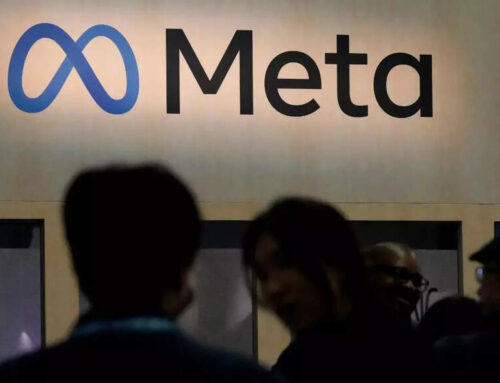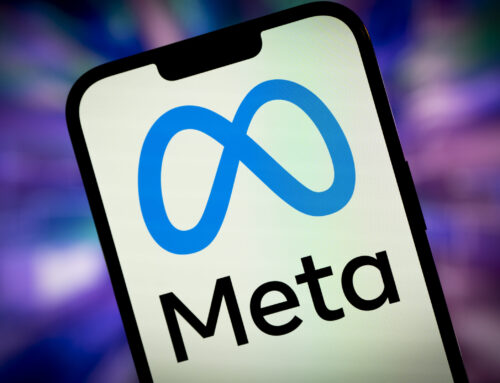How Duke’s investment advisory committee handles petitions — and what makes one succeed
November 9, 2025
Duke’s Advisory Committee on Investment Responsibility (ACIR) held its annual open forum Friday, where members clarified the group’s role in relation to the University’s endowment and advised students on how to petition effectively for changes in investment behavior.
Duke’s endowment — last measured at $12.3 billion — is overseen by DUMAC, an investment management firm that serves the University and its affiliated organizations. DUMAC’s staff also manages The Duke Endowment, a charitable trust that was established by the University’s namesake but is operated independently.
DUMAC is not required to interact directly with students and faculty. So, when community members have questions or concerns about how the University’s endowment is invested, ACIR serves as the intermediary body tasked with fielding those inquiries. The committee said that successful petitions for changes in investment behavior represent the “fullest picture” of the issue, have broad support among the Duke community and present evidence that investment changes would achieve the desired outcome.
Community members looking to share feedback with the advisory body must submit a petition that details their specific concerns with Duke’s investment activity. ACIR then evaluates the report and submits recommendations for or against further action to President Vincent Price and the Board of Trustees, who decide whether or not to advise DUMAC to make a change. ACIR itself does not interface with DUMAC, except to gain greater clarity around specific investment practices to help in drafting their recommendations.
The advisory body saw an uptick in activity in recent years. In 2024 alone, ACIR issued three reports responding to the following calls: for Duke to divest from fossil fuels, divest from Israel, and increase transparency around DUMAC’s investment practices. ACIR recommended no change to current practices in all three reports, except for encouraging Price and the board to ask DUMAC to provide greater transparency around investments that may include fossil fuel assets. The committee argued community members would benefit from seeing evidence that DUMAC’s investments may contribute to a clean energy transition and that DUMAC considers concerns about environmental, social and governance (ESG) violations.
However, since December 2024, ACIR hasn’t published any new documents to its website. Emma Rasiel, ACIR chair and Richard Y. Li professor of the practice of economics, confirmed at Friday’s open forum that the committee had not received any new reports since last year.
In response to student questions about what makes a report most likely to spark change, Rasiel and other committee members outlined the major criteria ACIR takes into consideration.
First, reports that present the fullest picture of the issue at hand tend to make it farther than those that only represent one viewpoint.
“Sometimes what we have are very emotional, strong, heartfelt proposals but that only reflect one side of a very, very complex situation,” said Tracy Futhey, vice president of information technology, chief information officer and longtime ACIR member. “So the extent to which … you can find ways to help us present those in their fullest extent of complexity and still let us then weigh in on them, I think that could be helpful to your case.”
Second, committee members encouraged students to prioritize issues that have “broad and deep support” throughout the Duke community. Rasiel concurred, noting that ACIR does not make investment-related recommendations “based on complex, global, political issues where there are very strong views on … multiple sides.”
Rasiel added that ACIR has a responsibility to consider “diversity of thought” across campus in its evaluation of investment change requests, which she said was in part why the committee includes faculty, administrators, students, alumni and trustees on its roster.
Finally, Futhey stressed that the committee would have to see strong evidence that a change in investment behavior would actually bring about the desired outcome. For example, last year, the committee decided not to recommend divestment from fossil fuels, partially on the grounds that such divestment could be counterproductive to the goal of lowering global greenhouse gas emissions.
“The last thing we would wish to do I think, institutionally, would be to hamstring, so to speak, our financial returns — which really benefit our students and our research in important ways — on an issue that really doesn’t have a substantive impact on that situation,” Futhey said. “… We don’t want to encourage the president and DUMAC to chase an issue and take a path that won’t really help the situation.”
Search
RECENT PRESS RELEASES
Related Post



